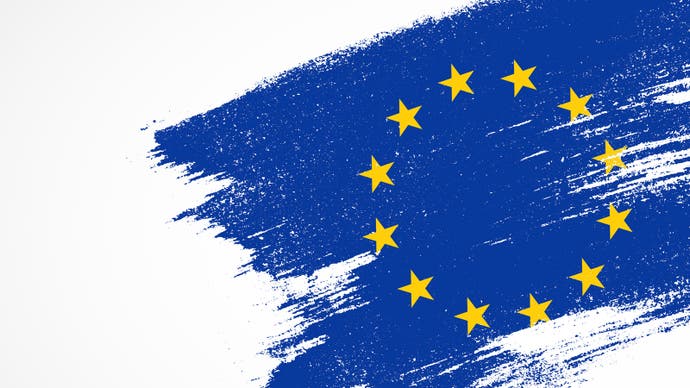Microsoft Activision deal set to pass EU regulators - report
Reuters sources claim last week's concessions likely enough.
Microsoft's $68.7bn Activision Blizzard deal looks set to pass EU regulators, news agency Reuters has now reported.
Citing sources familiar with the deal, the report claims that Microsoft has won over the European Commission with its show of concessions last week, when it announced deals to ensure Call of Duty would be made available on Nintendo platforms and Nvidia's GeForce Now streaming service.
The EU is set to publicly state its final judgement on the case before 25th April.
In a press conference held in Brussels and attended by Eurogamer last week, Microsoft president Brad Smith ruled out any suggestion that it would consider buying only part of Activision Blizzard - or a version of the company which had sold off its lucrative Call of Duty franchise.
Today, Reuters sources stated the EU was not expected to demand Microsoft sell off assets to get the deal done.
In response to today's report, Microsoft said it was "committed to offering effective and easily enforceable solutions that address the European Commission's concerns.
"Our commitment to grant long term 100 percent equal access to Call of Duty to Sony, Steam, Nvidia and others preserves the deal's benefits to gamers and developers and increases competition in the market."
Success for Microsoft in Europe would remove one of three major regulators currently blocking the deal from going ahead. However, the company would still need to win over the UK's Competition and Markets Authority - which did previously call for Microsoft to only be allowed a part of Activision Blizzard, rather than the whole company - as well as the US Federal Trade Commission.
This morning, Microsoft appeared to be making progress in the US as well. In a new court ruling, it won the ability to examine a treasure trove of internal documents from within Sony to help its case with the FTC.
The company will now be able to access details of PlayStation's own exclusivity agreements with other game publishers, as well as Sony's own conversations with regulators as it has sought to get the deal stopped.


